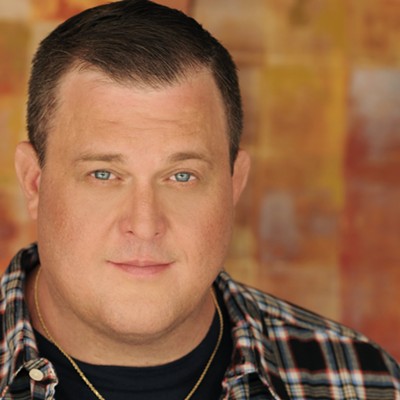Wednesday, November 4, 2009
The Revenants at Pittsburgh Playwrights
In preparation for writing a preview piece on this show a few weeks ago, I read the script, and felt some ambivalence. It didn't have much to do with the play's premise: Two couples are trapped in a suburban basement in a town under siege by zombies, and one member of each has become undead.
Nor was my concern formal: Playwright Scott T. Barsotti (a North Hills native now living in Chicago) had crafted a tight story with clearly defined characters. Indeed, I had to tip my severed skullcap to the play's central metaphor: The undead served as stand-ins for former intimates one no longer loved. Zombie relationships, moving along but devoid of the spark of life.
Rather, I was ambivalent about the notion of what amounted to a love story set at the end of the world. Even as the surviving partners of the two couples planned dangerous forays into the zombie-infested outdoors -- and debated the heavy moral question of whether to destroy their shambolic, chained-up significant others -- we were asked to care whether they might find true happiness with one another. I didn't buy it as either a dramatic setup or as a philosphical one.
Still, productions of The Revenants had drawn intelligently admiring reviews elsewhere. ("A zombie play with brains," one wag called it.) And you can never tell about a play until you see it on its feet, which I did on Oct. 30, its final weekend.
Indeed, credit director Mark Whitehead and cast with some nice suprises. Especially impressive were David Conley and Valentina Benrexi as the undead. It's not easy to look interesting when you can't talk, nor even appear to be reacting to external stimuli, but they did it.
Benrexi found ways to suggest that her character's eye shifts and vocalisms might be either motivated actions ... or simply the result of misfiring neurons. (The distinction is pertinent to the plot.) Conley went so far as to gamely drool through much of the show. With Makeda Duncan-Parker and Todd E. Betker as the non-undead partners, there was even a lot more humor than the script implied.
Moreover, the production suggested to me, more than the script had, metaphor not only for undead relationships, but for the plight of those dealing with loved ones who are no longer who they were physiologically -- comatose, for instance, or suffering from dementia.
Still, the script's the script. And in the end, what seemed most important in the plot was the very thing I thought least important: The assertion that the problems of two people amounted to a hill of beans in a crazy, mixed-up, zombie-filled world.
Tags: Program Notes












